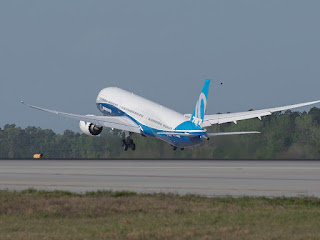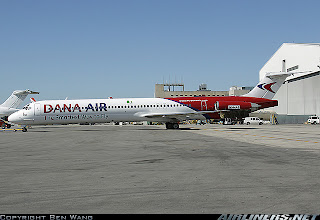ALPA: Government should start consultations with UAE
The US should engage Qatar and the United Arab Emirates (UAE) in consultations over Open Skies agreements, Air Line Pilots Association (ALPA) president Tim Canoll said. He said the consultations would address alleged subsidies to Qatar Airways, Emirates Airline and Etihad Airways.
“I believe the system will work as it’s designed and there will be consultations,” he told ATW in an editorial roundtable. “We are trying to persuade [the US government] of the facts.”
The comment period on an information docket the US departments of State, Commerce and Transportation opened on the matter has closed, although comments are welcome on existing filings until Aug. 24. The government had sought to gauge public response on whether the three Persian Gulf carriers had benefited from illegal subsidies, as Delta Air Lines, United Airlines, American Airlines and several labor groups, including ALPA, claim.
The three US carriers and labor groups have urged the government to engage in consultations—formal dispute resolution proceedings provided for in the Open Skies agreements—with Qatar and the UAE and to freeze Gulf carrier capacity to the US until those consultations conclude.
Canoll was careful to note that ALPA does not oppose Open Skies in principle, but believes that Qatar and the UAE, by subsidizing the three big Gulf carriers to the tune of an alleged $42 billion, have not lived up to the letter and spirit of the agreements. “We do not want to see a change to Open Skies,” he said. “Only these two countries are in violation. They must follow the terms of the deal.”
Organized labor has stressed the Gulf carriers’ expansion could result in significant job losses in the US airline industry. Canoll explained this fear is justified. “We don’t fear competition,” he said. But the number of aircraft Qatar, Emirates and Etihad have ordered would throw the global airline industry out of whack. “We are pretty much at equilibrium,” Canoll said, arguing that the number of airline seats available worldwide matches demand.
“The number of aircraft [the Gulf carriers have] on order are not meant to match the equilibrium of supply and demand across the globe,” he said. “It’s for market share, and more markets will be ceded and more jobs will be lost.” If US carriers abandon markets to the Gulf carriers, they will have to reduce their workforces, and “that is the [connection] between market share loss and subsidies,” Canoll said.
ALPA is engaged in discussions on the matter with US lawmakers and government officials, although Canoll would not reveal the nature of these discussions.
The Gulf carriers and their supporters argue that freezing capacity to the US would abrogate the Open Skies deals. The two camps have filed thousands of pages supporting their positions in the information docket. The government has said it will evaluate all the comments after the Aug. 24 deadline before determining whether to begin consultations.
Air Transport World



Comments
Post a Comment